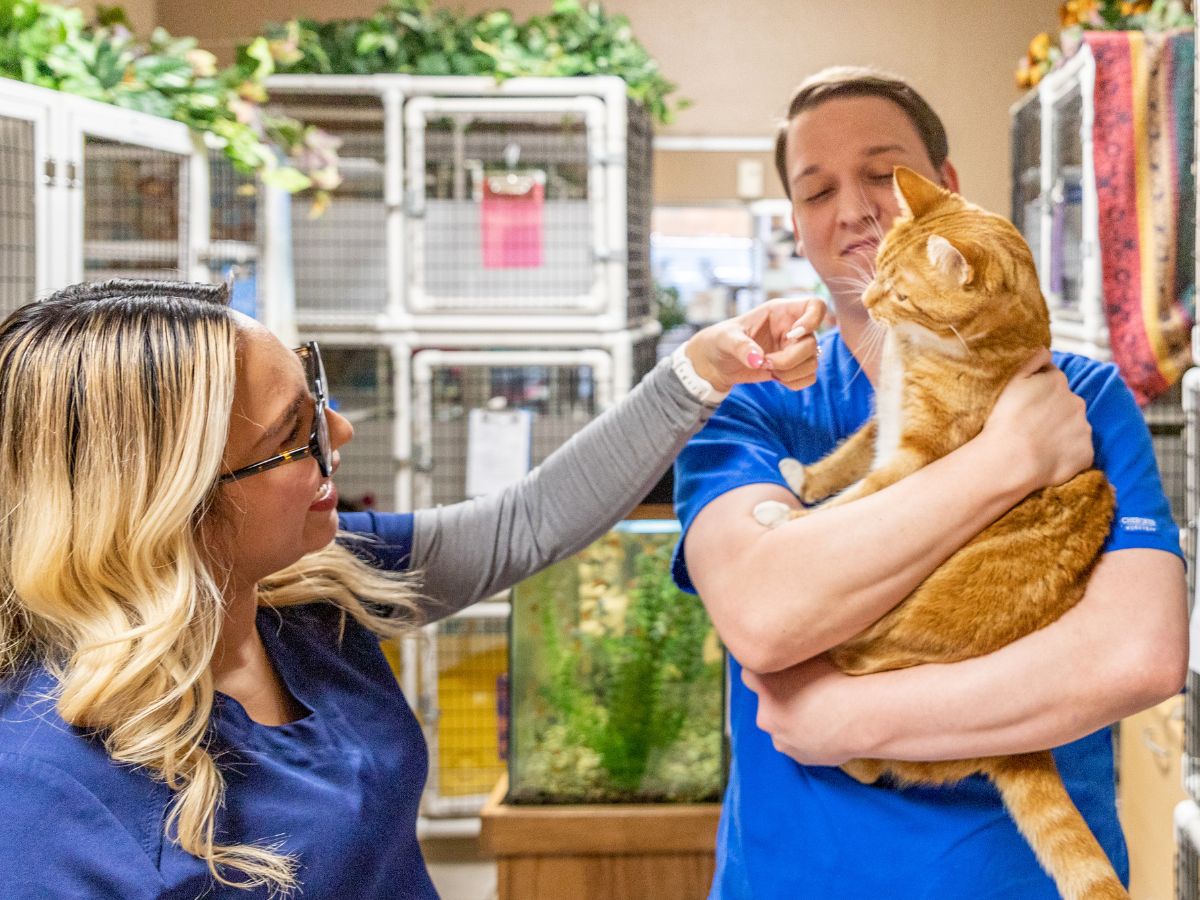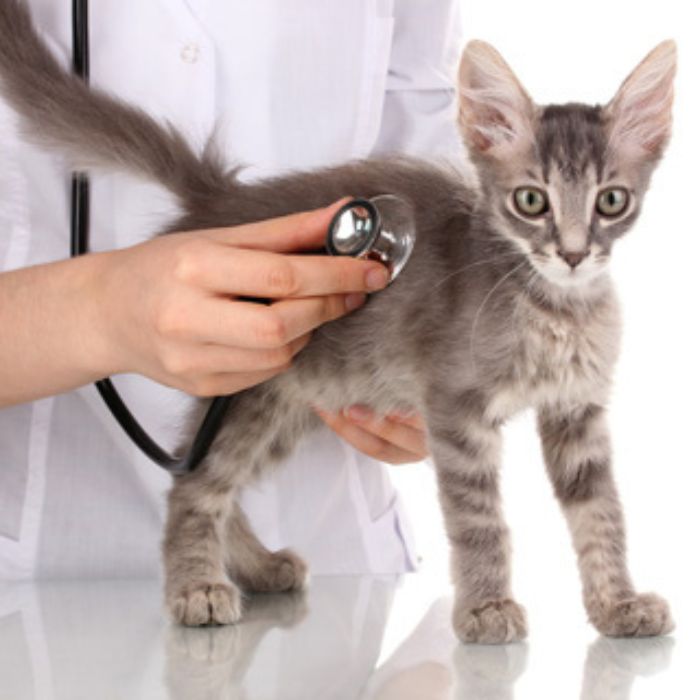Cardiac BNP Test
The standard feline cardiac testing procedure is called the cardiac BNP test.
Cardiac BNP Test
A CAT HOSPITAL IN LAS VEGAS PROVIDES FELINE CARDIAC TESTING TO DETECT HEART DISEASE
Your cat’s health depends on you making sure they receive regular physical examinations from A Cat Hospital in Las Vegas. Although your feline friend may seem healthy, cats tend to hide symptoms of ill health by secluding themselves from humans and other animals. This is an instinctual behavior going back to their undomesticated days when predators were quick to take advantage of vulnerable, sick animals that did not have the strength to run or fight off aggressive attackers.
Feline Heart Disease
Just like humans who suffer asymptomatic heart disease, cats can also experience heart disease without exhibiting symptoms until the disease has advanced and presents a serious danger to the cat. A Cat Hospital in Las Vegas provides feline cardiac testing to detect heart disease in cats so that treatment can begin before it progresses.
What is Feline Cardiac Testing?
The standard feline cardiac testing procedure is called the cardiac BNP test. BNP is the acronym for B-type natriuretic polypeptide, a chemical released by heart tissues during muscle stretching. Heart disease is detected by a BNP test when abnormally high levels of this peptide exist in the blood of an affected cat.
The Importance of Feline Cardiac Testing
Just because your cat seems well doesn’t mean you shouldn’t have them checked for heart disease. In the early stages of feline heart disease, your cat may breathe slightly more rapidly than usual, or they are slowing down and showing subtle lethargy, but this is such a subtly presented symptom that most cat owners won’t notice it. Rapid breathing is the primary way cats with heart disease get more oxygen into their body because their heart is not functioning normally.
Although any cat can develop heart abnormalities, some breeds are genetically predisposed to developing heart disease at any stage of their lives. Cat breeds such as the Maine Coon, Bengal, Ragdoll, Sphynx, Persian, Norwegian Forest Cat, and British Short Hair are prone to feline hypertrophic cardiomyopathy and should be regularly tested for this condition.
There is another group of cats, usually younger, robust, and bigger than “normal” cats, where the heart seems to not function well for their big frame. Those cats are on watch for silent underlying heart muscle disease that can be quickly fatal.
Additionally, cat owners should be aware that feline heart disease is not specific to older cats. Younger cats–especially those breeds with a higher risk of inheriting heart disease genes–can also suffer from weakened heart muscles that, when left untreated, can lead to serious heart issues. Moreover, younger cats are less likely to appear unwell simply because of their youth and energy.
Wellness Care for Senior Cats
A Cat Hospital in Las Vegas offers wellness care for senior cats ages eight and up that includes yearly physical exams, blood/urine screening, and feline cardiac testing. As cats enter their senior years, it is vital that we examine your cat at least once a year (preferably every six months) to detect even the smallest changes in weight, blood pressure, thyroid, and kidney functioning that might indicate the presence of a disease or disorder demanding immediate treatment.


